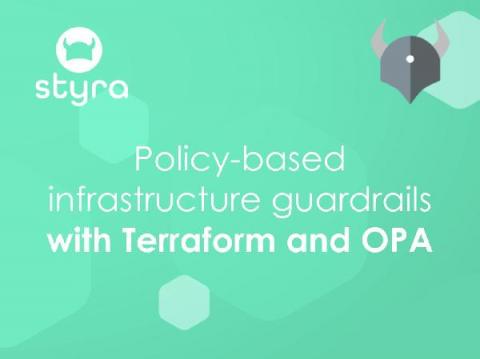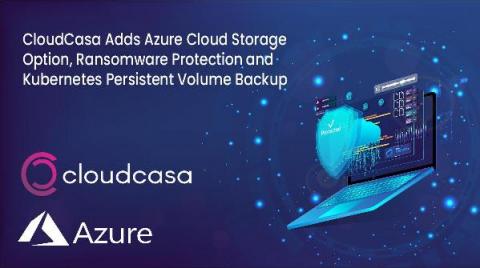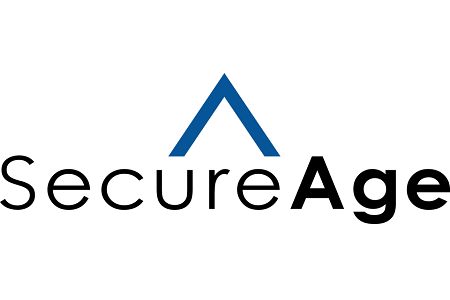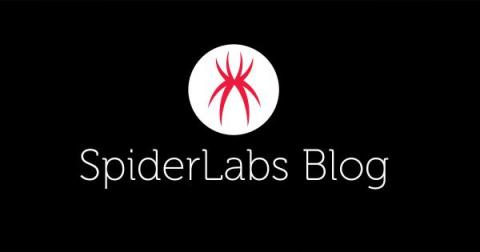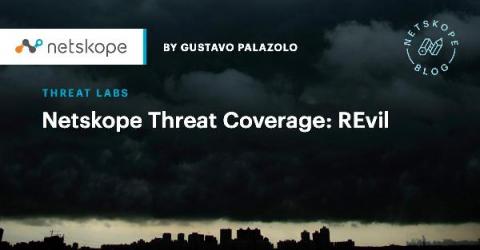Cybersecurity and government
Photo by Katie Moum on Unsplash In May, after many months of dedicated effort, our compliance team received word that a U.S. Federal Risk and Authorization Management Program (FedRAMP) moderate certification was granted for the AT&T Threat Detection and Response for Government solution. FedRAMP is a program coordinated by the US General Services Administration and the Department of Homeland Defense that inspects cloud-based solutions for compliance with 325 distinct security controls.



